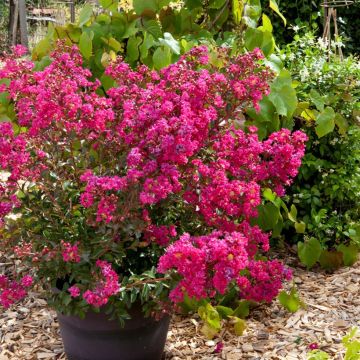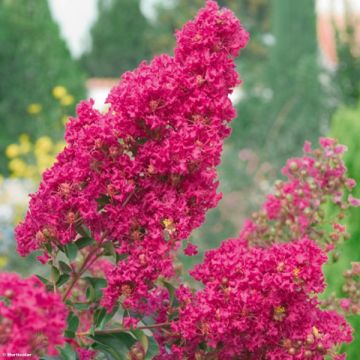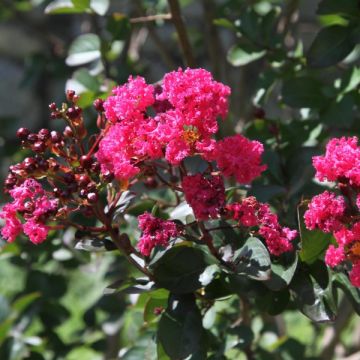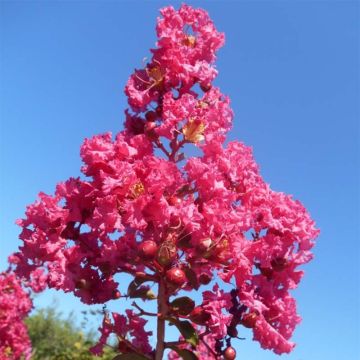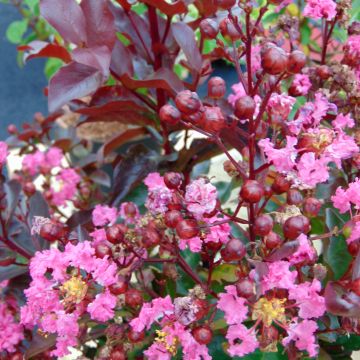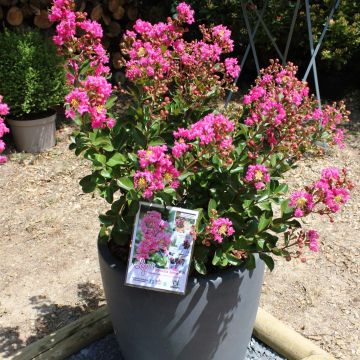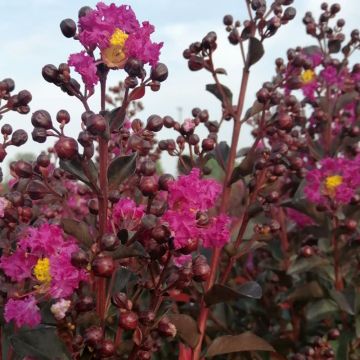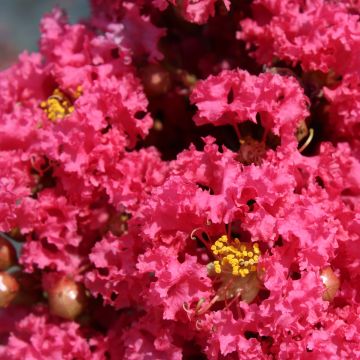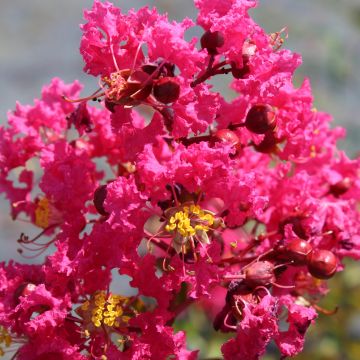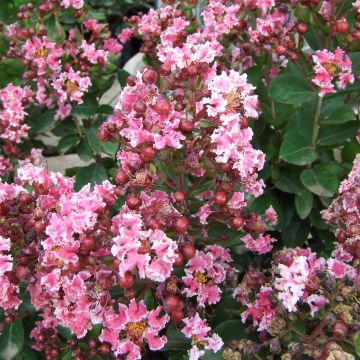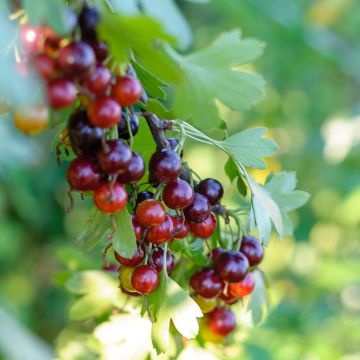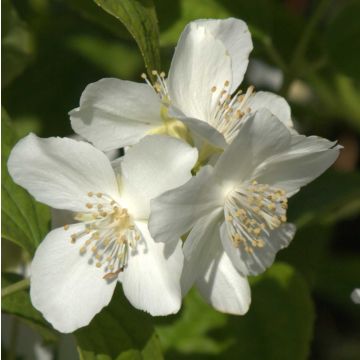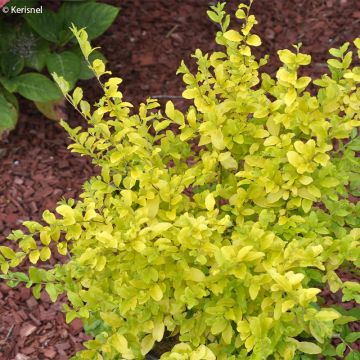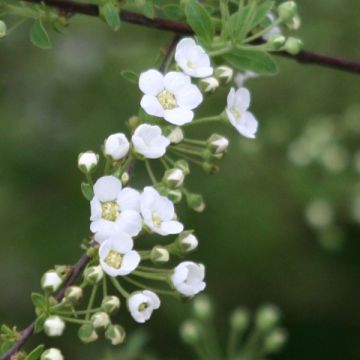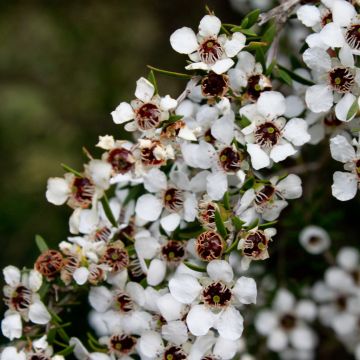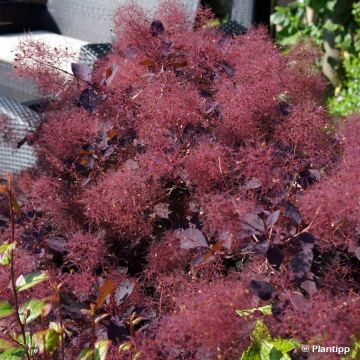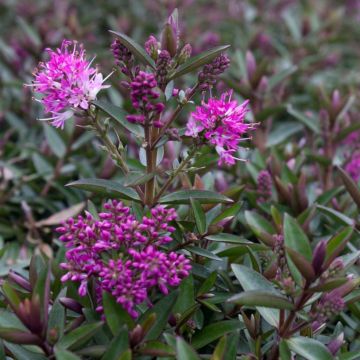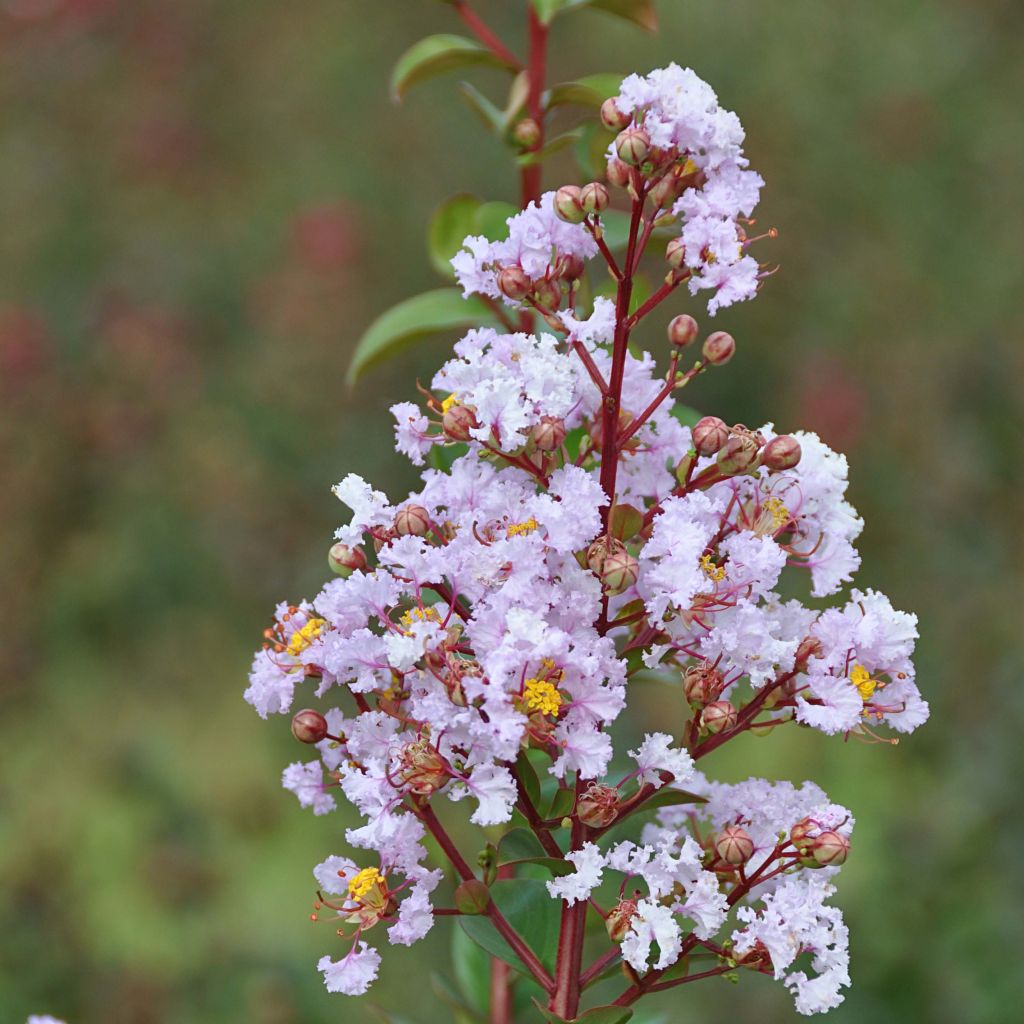

Lagerstroemia indica Camaïeu dEte Indycam - Crape Myrtle
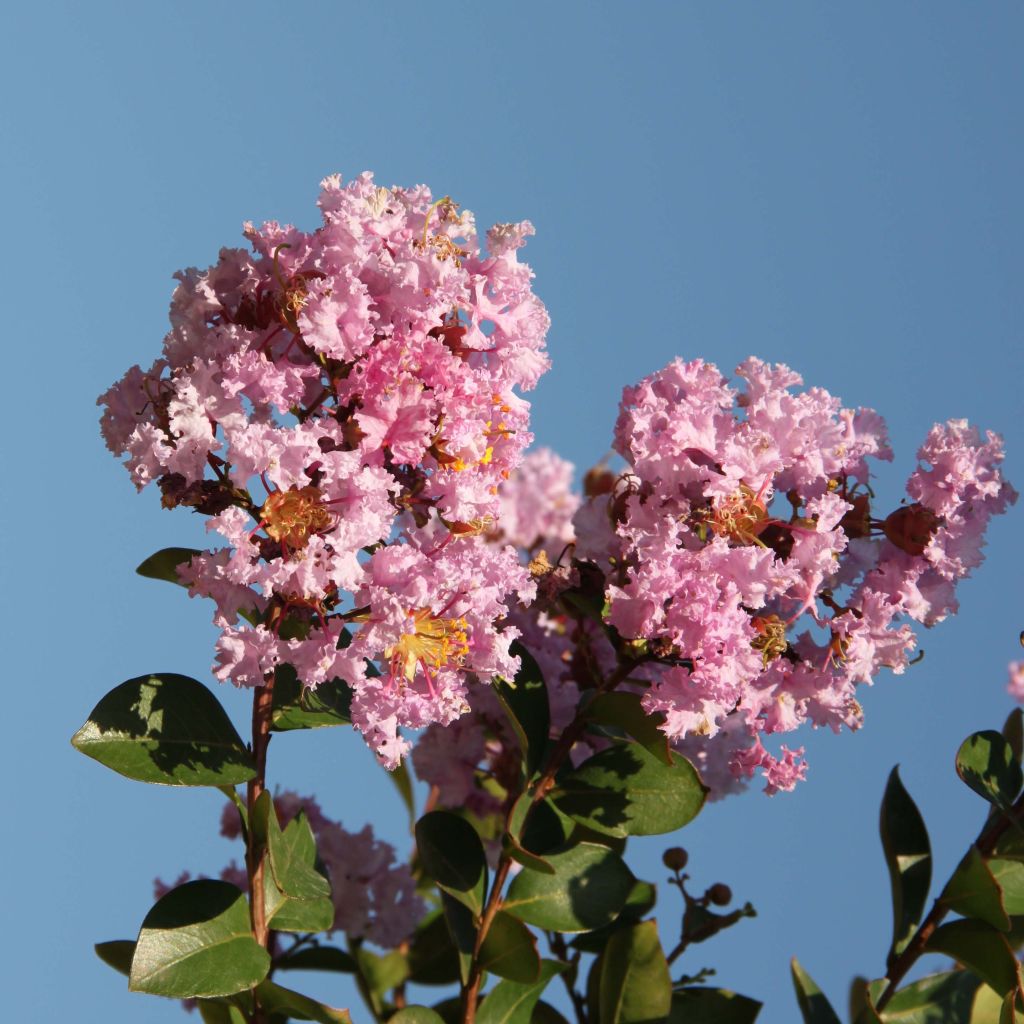

Lagerstroemia indica Camaïeu dEte Indycam - Crape Myrtle
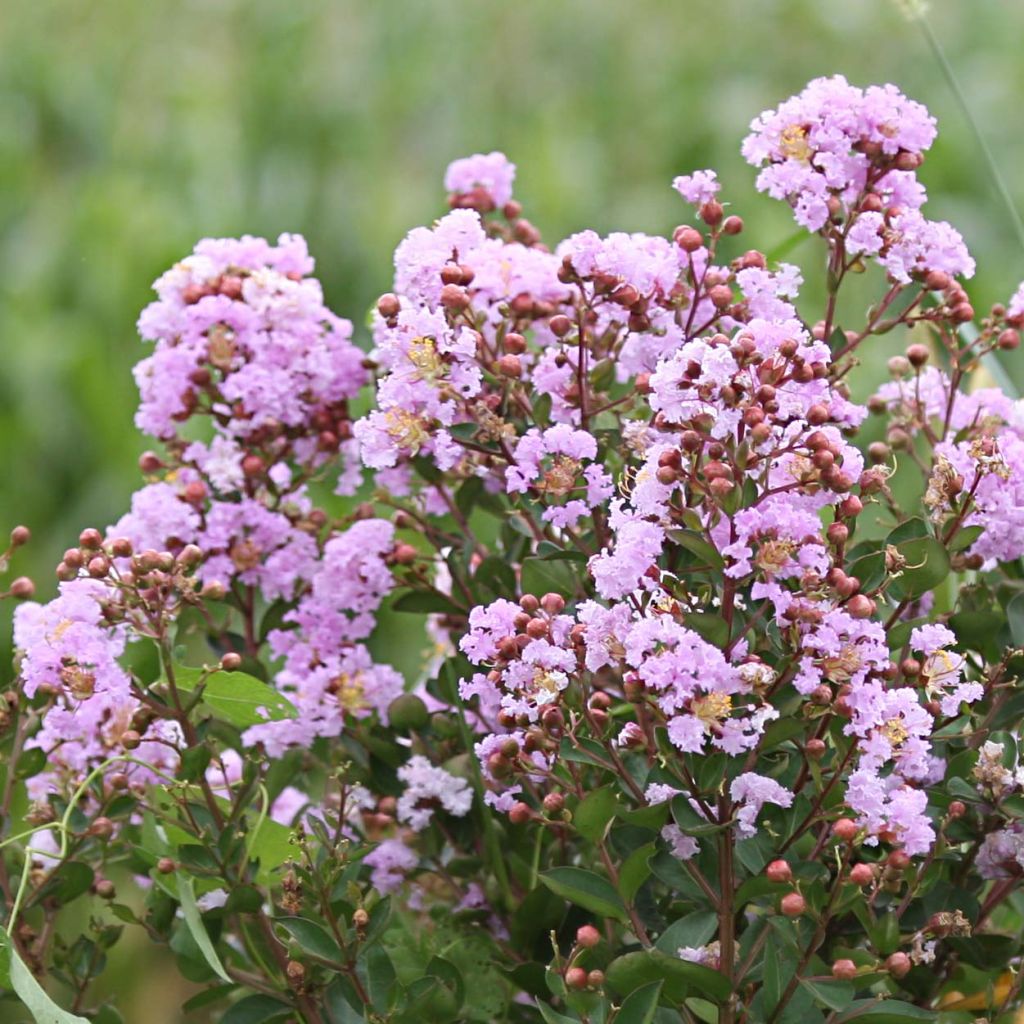

Lagerstroemia indica Camaïeu dEte Indycam - Crape Myrtle
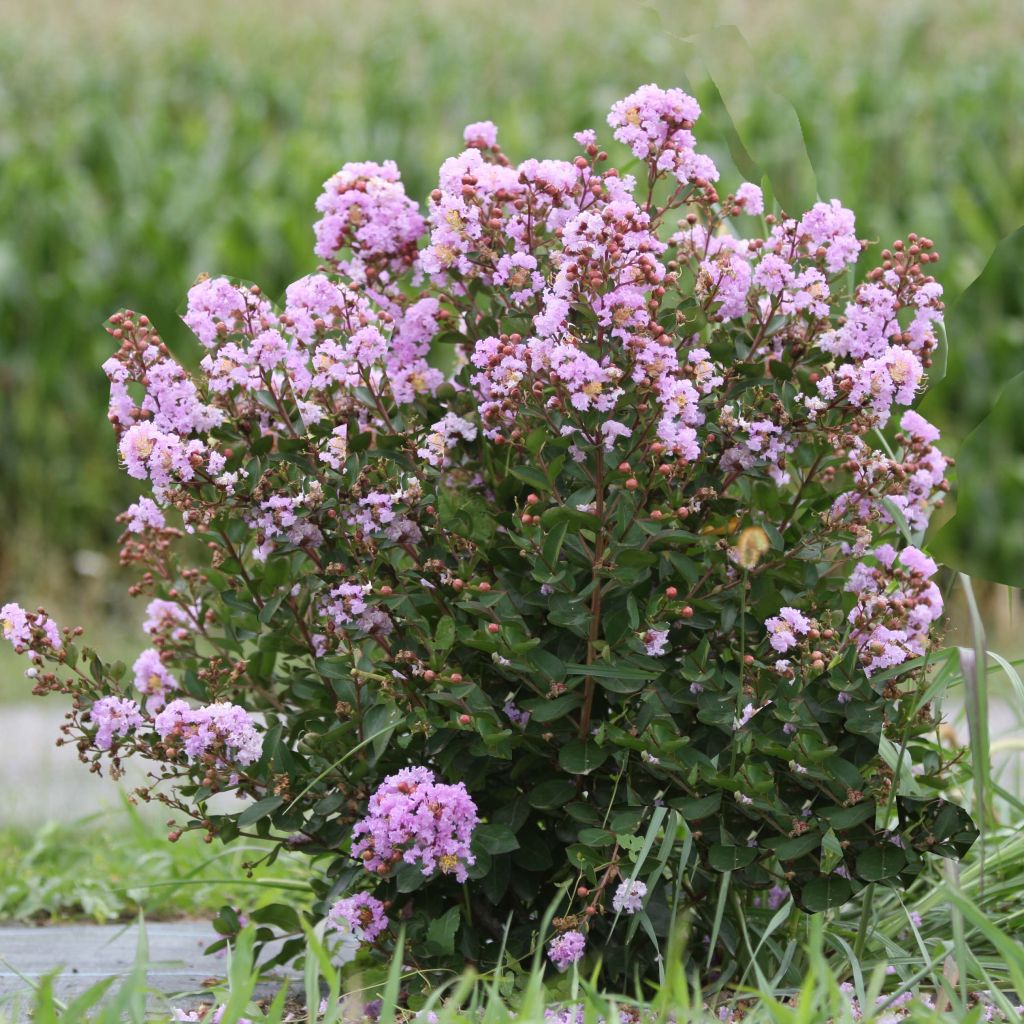

Lagerstroemia indica Camaïeu dEte Indycam - Crape Myrtle
Lagerstroemia indica Camaïeu dEte Indycam - Crape Myrtle
Lagerstroemia indica Camaïeu d'Ete 'Indycam'
Crape Myrtle, Crepe Myrtle, Indian Lilac
This young plant arrived in very poor condition, but I believe it was shipped like that.
Camille, 12/05/2023
Special offer!
Receive a €20 voucher for any order over €90 (excluding delivery costs, credit notes, and plastic-free options)!
1- Add your favorite plants to your cart.
2- Once you have reached €90, confirm your order (you can even choose the delivery date!).
3- As soon as your order is shipped, you will receive an email containing your voucher code, valid for 3 months (90 days).
Your voucher is unique and can only be used once, for any order with a minimum value of €20, excluding delivery costs.
Can be combined with other current offers, non-divisible and non-refundable.
Home or relay delivery (depending on size and destination)
Schedule delivery date,
and select date in basket
This plant carries a 24 months recovery warranty
More information
We guarantee the quality of our plants for a full growing cycle, and will replace at our expense any plant that fails to recover under normal climatic and planting conditions.
Would this plant suit my garden?
Set up your Plantfit profile →
Description
Lagerstroemia indica 'Camaïeu d'Eté' is the earliest and perhaps the most compact variety of Indian Myrtles from the INDIYA CHARMS® series, shrubs with an abundance of flowers. This one, of small size, blooms from the beginning of July with frothy clusters of flowers from mauve to white through pink, impressive in their number. Summer Myrtles are also appreciated for their smooth, richly coloured, ornamental bark as well as their beautiful autumn colours. These bushes love heat but appreciate some coolness in summer to support their flowering. This one will make a sensation in isolation in a small garden or in a pretty pot on the terrace.
Lagerstroemia indica 'Camaïeu d'Eté', recently obtained in France by Lagerstroemia SARL, is part of a series of carefully selected hybrids chosen for their unprecedented colours, their early and abundant flowering, their compactness, and their resistance to powdery mildew. This variety published by SAPHO is still little known in trade.
'Camaïeu d'Eté' belongs to the Lythraceae family, like Lagerstroemia indica, from which it is derived and which native to China. This shrub has a bushy and branched and slightly spreading habit from the base, with a rounded crown. Of small size, it will reach about 2.2 m (7 ft 5 in) in height at maturity, and a diameter of 1.5 m (4 ft 11 in), which makes ideal for small spaces. Its growth is quite fast. It chooses the beginning of July, or the end of June to start its flowering, and this will continue until September. The large inflorescences, in ramified clusters, are composed of very numerous small flowers carried by thin pedicels. Each flower has five petals with a very undulate edge, whose texture looks like that of crepe. They are gathered in large, dense panicles, at the end of this year's growth.
In 'Camaïeu d'Eté', the pedicels are rosy, the floral buds are wine red and shiny, then they bloom widely into flowers which change from pale pink to mauve then to almost white, in a very pretty gradient of pastel tones. The deciduous foliage is bronze, then becomes dark green and shiny. It is composed of large ovate leaves, which often take lovely orange or coppery hues in autumn before falling, depending on the climate. In addition, its beautiful bark is smooth, beige and striated with brown-red, and flakes to display cinnamon, faded red, old pink, cream marbling.
Indian myrtles are the glory of gardens. Preferring the humid and warm climate, it is a small tree that can also to be acclimatised in a colder area as it can also be quite hardy. Enjoy it as a specimen shrub near the house. It will look good in a shrub bed, a flowering hedge, or emerging from a clump of perennials. Mix into a flowering bed with Campanula pyramidalis, Salvia sclarea or jamensis and Aster laevis. In autumn, it works well with Cotinus and deciduous spindle trees, with all their colour. It also creates a lovely display in a large pot on the patio, when other summer flowering plants are slowing down. Display this plant, Lagerstroemia indica 'Camaïeu d'Eté', with a wonderful planting tapestry of groundcover with thymes, oreganos and other silver creeping plants weaving like a tapestry around the base of its trunk, highlighting its bark and reflecting its beautiful flowering.
NB: Karl Von Linne named this tree to honour his friend Magnus Von Lagestroem (1696 – 1759), who had sent it to him from India for identification. Originally, this tree was used to decorate Chinese temples. We would like to point out that this tree produces fruits that have are poisonous if ingested.
The creation of varieties in Indian Myrtles has long been a French speciality, particularly in the south-west of our country, the two main hybridisers being then in the Périgord but also in the Quercy. Other enthusiasts have embarked on the adventure, like Christian Gaurrat and Antoine Scrive in the Landes.
Report an error about the product description
Lagerstroemia indica Camaïeu dEte Indycam - Crape Myrtle in pictures
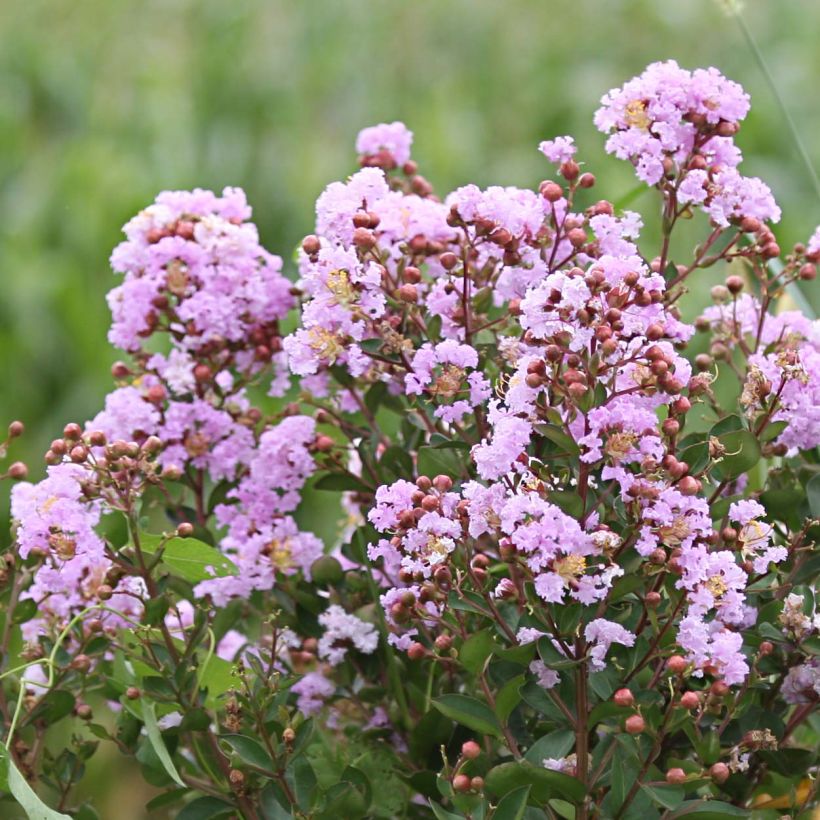

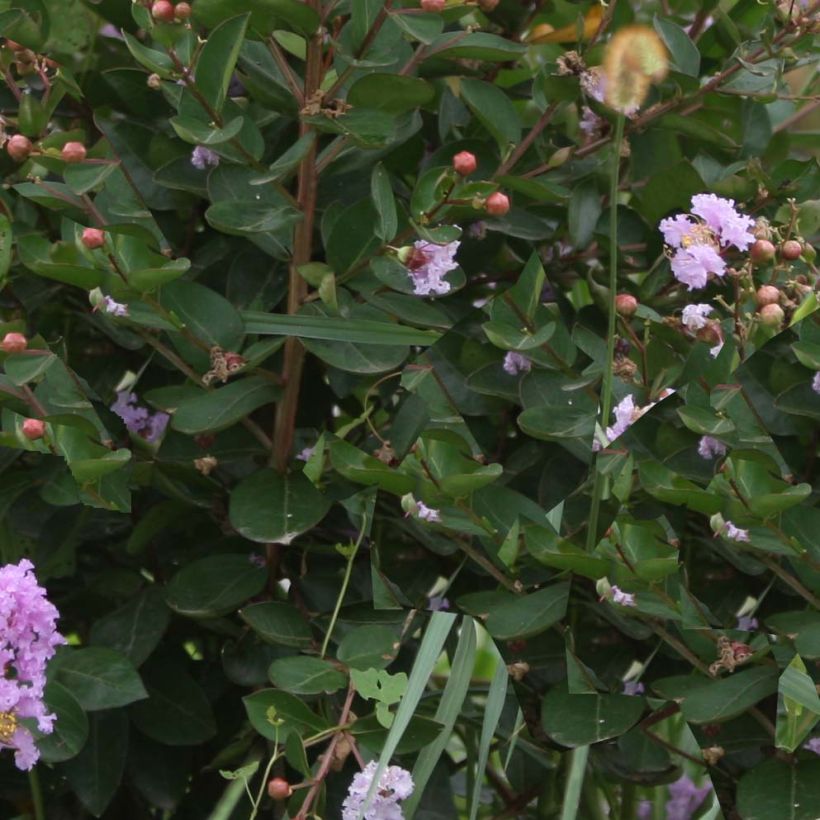

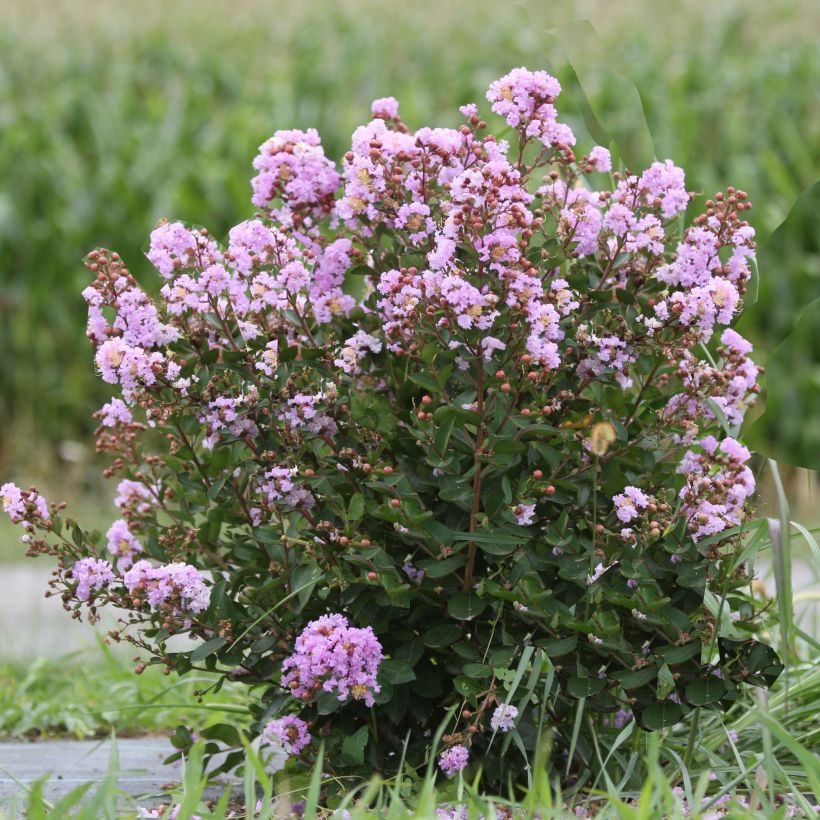

Plant habit
Flowering
Foliage
Botanical data
Lagerstroemia
indica
Camaïeu d'Ete 'Indycam'
Lythraceae
Crape Myrtle, Crepe Myrtle, Indian Lilac
Cultivar or hybrid
Other Lagerstroemia - Crape Myrtle
View all →Planting and care
We recommend planting Lagerstroemia indica 'Summer Camaïeu' in spring, after the frosts, in a very sunny and sheltered position. Plant in rich soil which is damp, well drained and if possible non or barely calcareous. It will appreciate the addition of compost and a thick layer of dead leaves, especially for the first two winters in cold regions. Prune the flowering branches very short in February-March, leaving only 4 to 6 buds to balance its shape and stimulate the growth of future flower-bearing branches. If necessary, remove the weak twigs and unwanted branches.
Planting period
Intended location
Care
-
, onOrder confirmed
Reply from on Promesse de fleurs
Similar products
Haven't found what you were looking for?
Hardiness is the lowest winter temperature a plant can endure without suffering serious damage or even dying. However, hardiness is affected by location (a sheltered area, such as a patio), protection (winter cover) and soil type (hardiness is improved by well-drained soil).

Photo Sharing Terms & Conditions
In order to encourage gardeners to interact and share their experiences, Promesse de fleurs offers various media enabling content to be uploaded onto its Site - in particular via the ‘Photo sharing’ module.
The User agrees to refrain from:
- Posting any content that is illegal, prejudicial, insulting, racist, inciteful to hatred, revisionist, contrary to public decency, that infringes on privacy or on the privacy rights of third parties, in particular the publicity rights of persons and goods, intellectual property rights, or the right to privacy.
- Submitting content on behalf of a third party;
- Impersonate the identity of a third party and/or publish any personal information about a third party;
In general, the User undertakes to refrain from any unethical behaviour.
All Content (in particular text, comments, files, images, photos, videos, creative works, etc.), which may be subject to property or intellectual property rights, image or other private rights, shall remain the property of the User, subject to the limited rights granted by the terms of the licence granted by Promesse de fleurs as stated below. Users are at liberty to publish or not to publish such Content on the Site, notably via the ‘Photo Sharing’ facility, and accept that this Content shall be made public and freely accessible, notably on the Internet.
Users further acknowledge, undertake to have ,and guarantee that they hold all necessary rights and permissions to publish such material on the Site, in particular with regard to the legislation in force pertaining to any privacy, property, intellectual property, image, or contractual rights, or rights of any other nature. By publishing such Content on the Site, Users acknowledge accepting full liability as publishers of the Content within the meaning of the law, and grant Promesse de fleurs, free of charge, an inclusive, worldwide licence for the said Content for the entire duration of its publication, including all reproduction, representation, up/downloading, displaying, performing, transmission, and storage rights.
Users also grant permission for their name to be linked to the Content and accept that this link may not always be made available.
By engaging in posting material, Users consent to their Content becoming automatically accessible on the Internet, in particular on other sites and/or blogs and/or web pages of the Promesse de fleurs site, including in particular social pages and the Promesse de fleurs catalogue.
Users may secure the removal of entrusted content free of charge by issuing a simple request via our contact form.
The flowering period indicated on our website applies to countries and regions located in USDA zone 8 (France, the United Kingdom, Ireland, the Netherlands, etc.)
It will vary according to where you live:
- In zones 9 to 10 (Italy, Spain, Greece, etc.), flowering will occur about 2 to 4 weeks earlier.
- In zones 6 to 7 (Germany, Poland, Slovenia, and lower mountainous regions), flowering will be delayed by 2 to 3 weeks.
- In zone 5 (Central Europe, Scandinavia), blooming will be delayed by 3 to 5 weeks.
In temperate climates, pruning of spring-flowering shrubs (forsythia, spireas, etc.) should be done just after flowering.
Pruning of summer-flowering shrubs (Indian Lilac, Perovskia, etc.) can be done in winter or spring.
In cold regions as well as with frost-sensitive plants, avoid pruning too early when severe frosts may still occur.
The planting period indicated on our website applies to countries and regions located in USDA zone 8 (France, United Kingdom, Ireland, Netherlands).
It will vary according to where you live:
- In Mediterranean zones (Marseille, Madrid, Milan, etc.), autumn and winter are the best planting periods.
- In continental zones (Strasbourg, Munich, Vienna, etc.), delay planting by 2 to 3 weeks in spring and bring it forward by 2 to 4 weeks in autumn.
- In mountainous regions (the Alps, Pyrenees, Carpathians, etc.), it is best to plant in late spring (May-June) or late summer (August-September).
The harvesting period indicated on our website applies to countries and regions in USDA zone 8 (France, England, Ireland, the Netherlands).
In colder areas (Scandinavia, Poland, Austria...) fruit and vegetable harvests are likely to be delayed by 3-4 weeks.
In warmer areas (Italy, Spain, Greece, etc.), harvesting will probably take place earlier, depending on weather conditions.
The sowing periods indicated on our website apply to countries and regions within USDA Zone 8 (France, UK, Ireland, Netherlands).
In colder areas (Scandinavia, Poland, Austria...), delay any outdoor sowing by 3-4 weeks, or sow under glass.
In warmer climes (Italy, Spain, Greece, etc.), bring outdoor sowing forward by a few weeks.






























